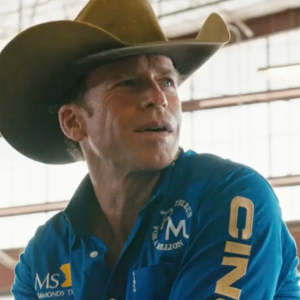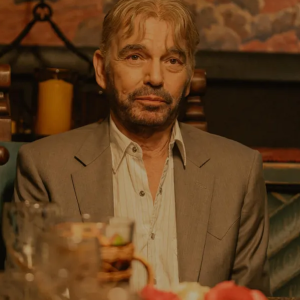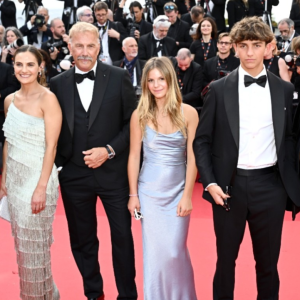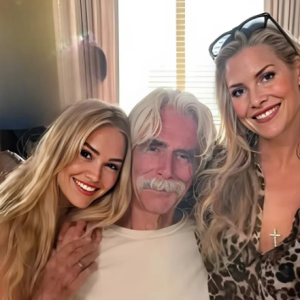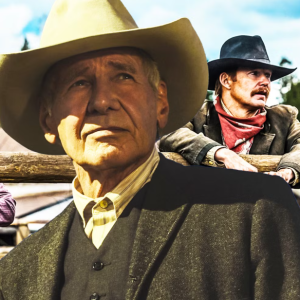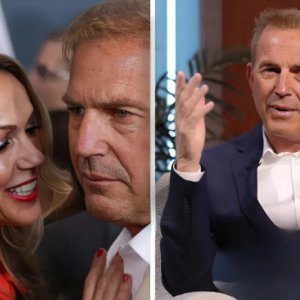In the sprawling saga of Yellowstone, certain characters have undeniably polarized the audience, shifting from compelling figures to sources of frustration or even outright annoyance. The patriarch himself, John Dutton III, exemplified by Kevin Costner’s portrayal, embodies this trajectory, evolving from a fan favorite to a figure whose greed, selfishness, and cruel nature became increasingly apparent across the seasons. Beyond John, other characters have similarly vexed viewers, whether through being poorly written, unnecessarily introduced, or undergoing transformations that leave fans reeling.
Beth Dutton, John’s only daughter, stands as a morally ambiguous figure, eliciting strong reactions of either love or hate. Her chaotic nature and over-the-top insults often frustrate the audience, especially in earlier seasons. Yet, despite her polarizing actions, Beth is undeniably integral to the series, growing in complexity alongside the unfolding narrative, and her absence would leave a noticeable void. Conversely, some characters suffer from a distinct lack of development, rendering them little more than narrative props. Tate Dutton, Kayce and Monica’s son and John’s sole grandson, fits this mold. Despite being a key family member, Tate rarely interacts beyond the immediate Dutton circle, seemingly indifferent to significant family events like the deaths of his other grandfather or uncle, or even when his cousins depart the state. His frequent teary-eyed scenes, often serving merely to highlight the softer side of John or Kayce, have become a source of irritation for viewers who perceive his character as underdeveloped and his scenes as pointless.
Other characters grate on viewers due to their perceived irrelevance or idealized portrayal. Travis Wheatley, for instance, a minimal character appearing only a handful of times, irks audiences as Taylor Sheridan’s apparent self-insert. Portrayed as an exceptionally handsome, clever, and talented cowboy who has supposedly saved the Yellowstone ranch multiple times, Travis comes across as an idealized, almost flawless figure, which can feel unearned and therefore annoying. Monica Long-Dutton, Kayce’s wife, is another character widely disliked among the fanbase. Often perceived as whiny, intense, and disruptive to the traditional Western dynamic, her storylines frequently deviate from the ranching narratives viewers crave, focusing instead on her academic career and personal journey outside the Dutton orbit. This shift in focus, away from the core ranching shenanigans, often leads to frustration among those seeking more traditional Western themes.

Jamie Dutton, John’s adopted son, represents a significant missed opportunity for complex character development. Initially poised to become a compelling villain, a figure shaped by a series of unfortunate events into an irredeemable force, Jamie instead became a source of profound annoyance. His character arc never fully committed to either redemption or fully fleshed-out villainy, leaving him as a perpetually pathetic figure struggling with severe daddy issues. This indecisive portrayal, coupled with a convoluted personal history involving ex-girlfriends, lost sons, and biological fathers, made his storyline particularly frustrating for the audience, preventing him from growing into a truly impactful or even hated antagonist.
Newer additions have also struggled to resonate positively with the audience. Summer Higgins, an environmental activist introduced in the fourth season, quickly overstayed her welcome. Her portrayal as an unintelligent, common-sense-lacking, and morally weak activist often serves only to make John Dutton appear more sensible by contrast, rather than providing a credible opposing viewpoint. Her eventual charm by John and her trivial feud with Beth are seen as weak plot devices, further cementing her as a bizarre and unnecessary character. Similarly, peripheral figures like Walker, a cowboy hired against his will by Rip Wheeler, have been criticized for their dull storylines and lack of character growth. Walker’s acceptance of his fate as a “pseudo-bohemian cowboy” and his casual romance do little to advance any significant plot, leaving audiences questioning the depth of his continued presence. Mia, Jimmy Hurdstrom’s girlfriend, also drew ire for her problematic influence. Living on the ranch, she created chaotic dynamics and, more critically, pushed Jimmy back into rodeo, leading to his injury. Her subsequent abandonment of him when he departed for the 6666 ranch solidified her as a self-serving and unsympathetic figure whose prominence felt disproportionate to her narrative contribution.
Ultimately, the most profound source of audience frustration often circles back to John Dutton III. Despite his brilliant portrayal by Kevin Costner, John’s character has become increasingly irritating. He often feigns morality while acting selfishly and manipulatively, mistreating his children, endangering his family, and clinging stubbornly to the ranch. He perpetually justifies his actions through a guise of nostalgia and pride, yet unlike other characters who might elicit sympathy despite their flaws, John consistently eschews redemption, seemingly devolving further with each passing season. This dynamic array of characters, from the central figures to the periphery, collectively contributes to the multifaceted and often polarizing viewing experience of Yellowstone.
